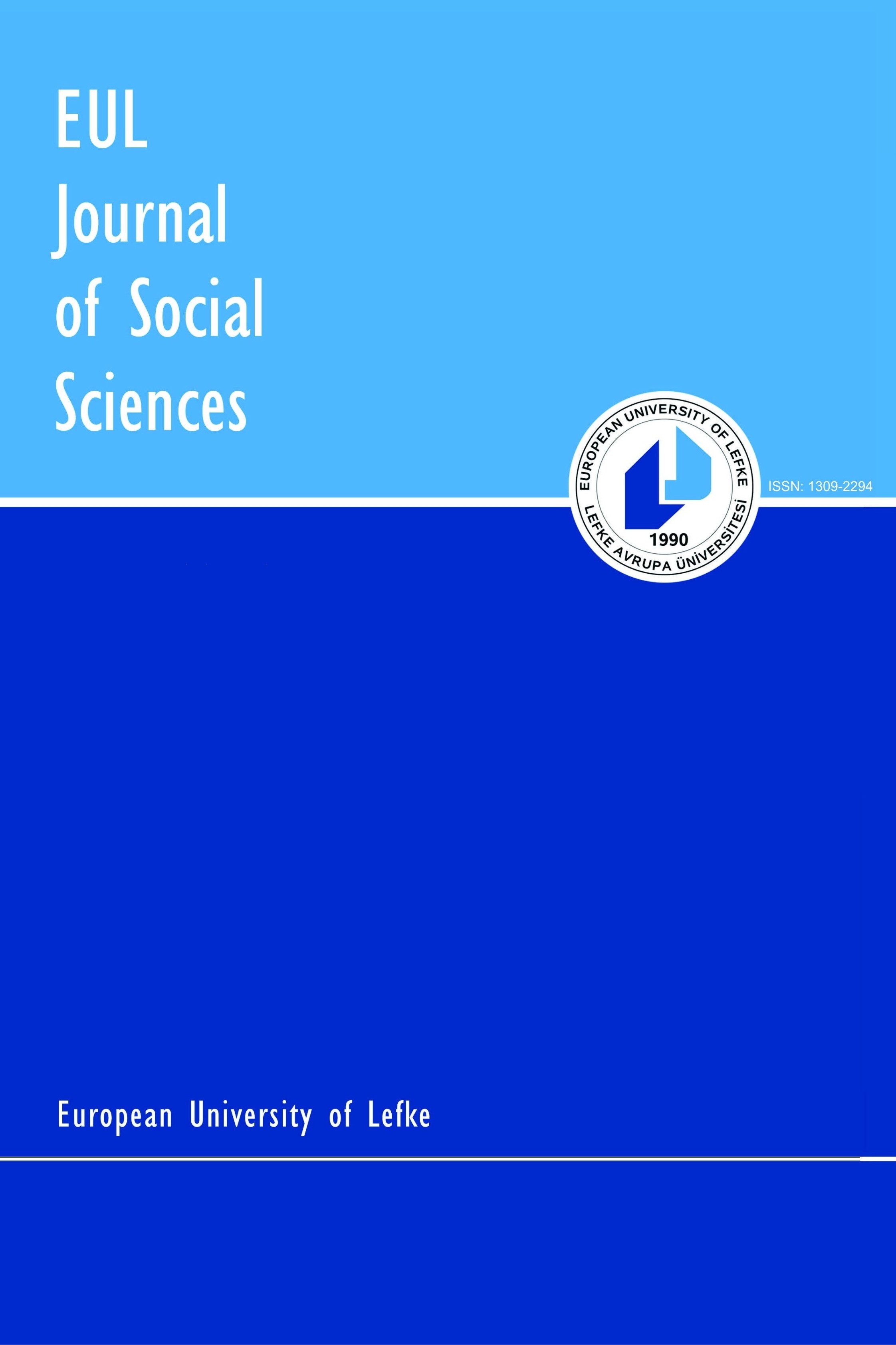Prekarya Geceleri: 21. Yüzyıl Dünyasında Geleceği Olmayan Beyaz Yakalıların Rüyası
1970ler’den bu yana üretimin esnekleşmesine bağlı olarak gerçekleşen bir dizi toplumsal değişimle birlikte, emeğin doğasında ve sınıf ilişkilerinde de önemli bir dönüşüm yaşandı. Esnek çalışma koşulları sebebiyle giderek güvencesizleşen ve sınıfsal örgütlenme olanaklarını da kaybettiği görülen yeni beyaz yakalılara, giderek sıklıkla prekarya denmektedir. Siyasi ve toplumsal kayıtsızlıkla özdeşleştirilmiş ve kendisinden devrimci dönüşüm anlamında ümit kesilmiş olan bu “yeni tehlikeli sınıflar”, kendilerine yakıştırılan “apolitik” tanımının aksine, insanlık tarihinin en büyük protesto dalgasını meydana getirdi ve sürdürüyor. Sınıfsal yapılarından beklenmeyeni yaptıkları ölçüde, bir bakıma Rancière’in Proletarian Nights kitabında bahsettiği, 1830lar’ın henüz proleterleşmekte olan, ama tüm varlıklarıyla bu kategorileştirmeye direnen, “işçi olmak istemeyen” işçilerine benziyorlar.
Anahtar Kelimeler:
kapitalizm, sınıf, sınıf bilinci, zaman rejimi, esnek üretim, prekarya, direniş
-
Along with a series of social changes that the increasing flexibility of production has generated since the 1970s, the nature of labor and class relations have underwent a major transformation. The white-collar workers who are confronted with an ever decreasing security at all levels, and who also seem to have lost the capacity to organize as a class, are often being called the precariat. These “new dangerous classes” are usually associated with political and social apathy and no hopes for a revolutionary change were put on them. However, despite the general conviction of them being “apolitical”, the precariat has become the actor of the largest protest wave in human history, which still continues to this day. To the extent they do the unexpected, the precarians seem to resemble, in a way, the workers of the 1830s who were yet on the way to proletarianization, and were trying to resist that categorization with all their might, as depicted in Jacques Rancière’s monumental book The Proletarian Nights.
Keywords:
capitalism, class, class consciousness, time regime, flexible production, precariat, resistance,
___
- Arrighi, G., Hopkins, T., Wallerstein, I. (1991), Sistem-Karşıtı Hareketler, (C. Kanat, B. Somay ve S. Sökmen, Çev.), Metis Yayınları, İstanbul.
- Bora, A., Bora, T., Erdoğan, N., Üstün, İ. (2011), Boşuna Mı Okuduk?
- Türkiye’de Beyaz Yakalı İşsizliği, İstanbul: İletişim. Bora, T. (2013), “Beyaz Yakalıların İsyanının Ardında Ne Var?”, Radikal, 002013.
- Bourdıeu, P. (2006), Karşı Ateşler, (Halime Yüksel, Çev.), YKY, İstanbul.
- Bourrıaud, Nicolas, “Precarious Constructions. Answer to Jacques Rancière on Art and Politics”, http://www.skor.nl/_files/Files/OPEN17_P20-37(3).pdf Castells, M. (1996), The Information Age I: The Rise of the Network Society, Blackwell.
- Castells, M. (1998), The Information Age III: Economy, Society and Culture, Blackwell.
- Charen, H. (2012),“Communicability and the Police”, Journal for Occupied
- Studies, http://occupiedstudies.org/articles/communicability-and-thepolice.html. Chomsky, N. (2012), Occupy, Penguin, Londra.
- Dörre, K. (2006), “Precarity – The Cause and Effects of Insecure
- Employment”, http://www.goethe.de/ges/soz/dos/arb/pre/en1870532.htm. 21 Wallerstein da, benzer şekilde, pek çok yerde, kriz ve geçiş anlarında küçük girdilerin büyük
- çıktılarla sonuçlanma potansiyelinin arttığını söyler (örn. Wallerstein, 1999: 132).
- Graeber, D. (2011), Debt, The First 5000 Years, Melvillehouse, NY.
- Grosser, M. (2008),“Prekäre Lage, Immer mehr Akademiker können von ihren Hochschulstellen nicht leben”, http://www.dradio.de/dlf/sendungen/campus/ 722789/.
- Gorz, A. (1997), Farewell to the Working Class: An Essay on Post-Industrial Socialism, (Michael Sonenscher, Çev.), Pluto Press, Londra.
- Hardt, M., Negri, A. (2001), İmparatorluk, (Abdullah Yılmaz, Çev.), Ayrıntı. İstanbul.
- Harvey, D. (2012), Rebel Cities, Verso, London.
- Harvey, D. (2006), Spaces of Global Capitalism. Towards a Theory of Uneven Geographical Development, Verso, London/NY.
- Harvey, D. (1999), Postmodernliğin Durumu, Metis, İstanbul.
- Hobsbawm, E. (23 Aralık 2011), BBC News, “It Reminds of 1848…”. http://www.bbc.co.uk/news/magazine-16217726.
- Kaldor, M., Selchow, S. (2012), The ‘Bubbling Up’ of Subterranean Politics in Europe, Civil Society and Human Security Research Unit, London School of Economics and Political Science.
- Mason, P. (2012), Why It’s Kicking off Everywhere, The New Global Revolutions, Verso, London/New York.
- Rancıère, J. (2012), Proletarian Nights. The Workers’ Dream in NineteenthCentury France, (İkinci baskı), London/NY: Verso. (Birinci baskı: Nights of Labor, 1981).
- Sennett, R. (2012), Karakter Aşınması. Yeni Kapitalizmde İşin Kişilik Üzerindeki Etkileri, (Barış Yıldırım Çev.), Ayrıntı, İstanbul.
- Standing, G. (2011a), The Precariat, The New Dangerous Class, Bloomsbury, Londra/NY.
- _________ (01.06.2011), “Who Will Be A Voice for the Emerging Precariat?”, The Guardian, http://www.guardian.co.uk/commentisfree/ 2011/jun/01/voice-for-emerging-precariat.
- __________ (19.04.2013), “Defining the Precariat: A Class in the Making”, Eurozine, http://www.eurozine.com/articles/2013-04-19-standing-en.html.
- Streeck, W. (2012),“Citizens as Customers. Considerations on the New Politics of Consumption”, New Left Review 76, Temmuz-Ağustos 2012, s. 27
- Wallerstein, I. (2011), The Modern World-System IV: Centrist Liberalism Triumphant, 1789-1914, University of California Press, Berkeley/Los Angeles/London.
- Wallerstein, I. (1999), The End of the World As We Know It. Social Science for the Twenty-First Century, University of Minnesota Press, Minneapolis/London.
- Zizek, S. (2001), On Belief (Thinking in Action), Routledge, London/NY.
- Aslı Vatansever is Assistant Professor at the Faculty of Arts and Sciences of Doğuş University, Istanbul where she is teaching courses on sociology, world history, and history of Eurocentrism. She got her doctoral degree in January 2010 from the University of Hamburg (magna cum laude). Her doctoral dissertation on the origins of Islamism in the 19th century Ottoman Empire was published the same year by Dr. Kovac Publ., Hamburg. Her current research activities focus primarily on the crisis of capitalism, the changing nature of class relations, and the new forms of social protest.
- Aslı Vatansever İstanbul Doğuş Üniversitesi, Fen-Edebiyat Fakültesi’nde yardımcı doçenttir ve sosyoloji, dünya tarihi ve Avrupa-merkezcilik tarihi konularında dersler vermektedir. Doktora derecesini Ocak 2010’da magna cum laude derecesiyle Hamburg Üniversitesi’nden almış; İslamcılığın 19.
- Yüzyıl Osmanlı toplumundaki kökenleri üzerine yazdığı doktora tezi aynı yıl Hamburg, Dr. Kovac Yayınevi’nden kitap olarak çıkmıştır. Güncel olarak kapitalizmin krizi, sınıf ilişkilerinin değişen doğası ve toplumsal muhalefetin yeni biçimleri üzerine çalışmaktadır.
- ISSN: 1309-2294
- Yayın Aralığı: Yılda 2 Sayı
- Başlangıç: 2010
- Yayıncı: Lefke Avrupa Üniversitesi
Sayıdaki Diğer Makaleler
KKTC KARPAZ BÖLGESİ ÇEVRE SORUNLARI VE BİLİNCİ ÜZERİNE BİR ÇALIŞMA
Kaan KUTLAY, Okan Veli ŞAFAKLI
Prekarya Geceleri: 21. Yüzyıl Dünyasında Geleceği Olmayan Beyaz Yakalıların Rüyası
The Importance of Body Language in Intercultural Communications
A Review of Research on the Effects of Teaching Pedagogy: Controversies in the Area
